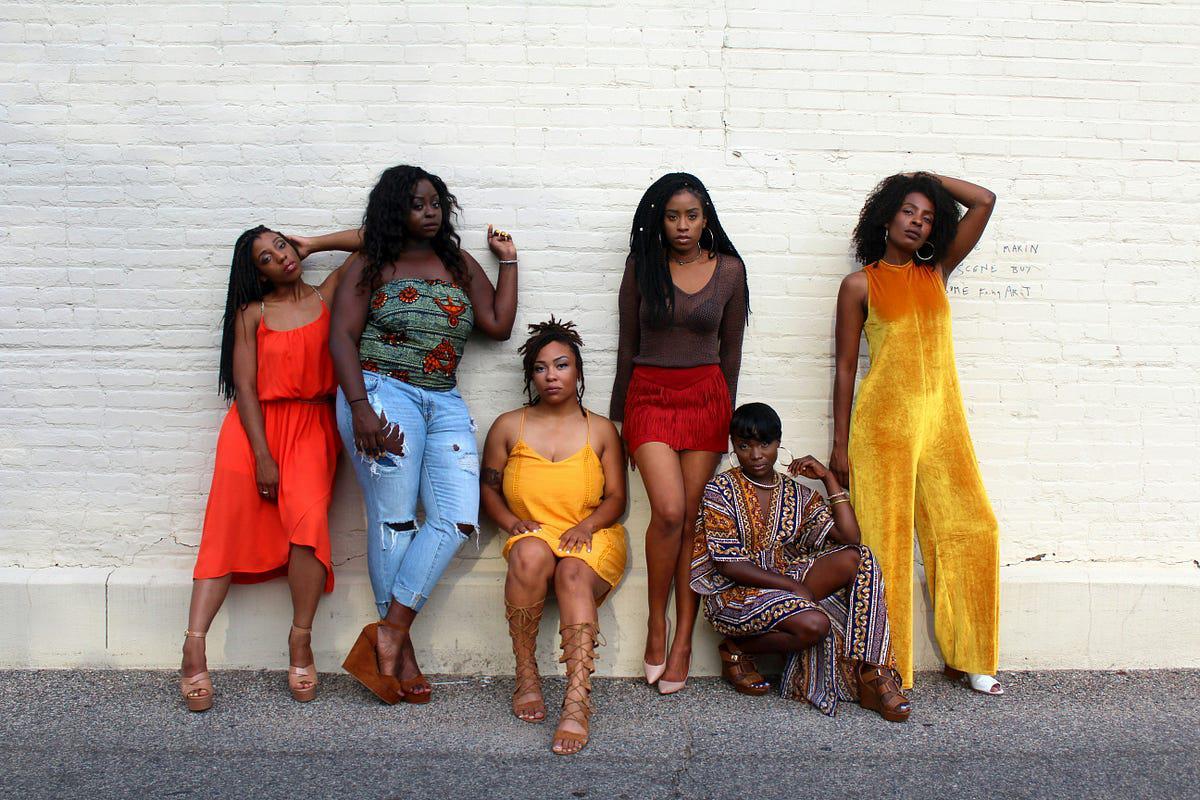Happy Women's History Month!
This is a great time to check in with fellow Black women.
As a Black woman often considered a central figure in the local community, I will always believe that it is up to us to make sure we are okay as a group. We certainly cannot trust those who have often pushed us into more masculine roles. But that's a story for another day.
Black Women's Mental Health Statistics
Let's talk about mental health and Black women.
First, according to research, individuals who experience high levels of "early life adversity" are much more likely to experience depression in adulthood. Specifically, one study claims that Black women who have experienced high levels of early life adversity and at least some college education have a 37% increased risk of depression.
We are never blaming the victim, but trauma is a common denominator among the majority of Black women and girls.
Here are some reasons why:
- African American girls and women aged 12 and older experienced rape and sexual assault more than White, Asian, and Latina women based on a study conducted from 2005-2010.
- 40%-60% of Black women reported experiencing forced sexual contact by age 18.
- Approximately 72% of Black babies are born into single-parent households, meaning daily childcare falls on women.
- Many Black women and girls grew up with inconsistent figures, toxic individuals, or otherwise unreliable people.
- 4 out of 10 Black women experienced intimate partner violence at some point in their lives.
- There is a culture with fixed notions for Black women and girls, labeling them as jezebels, promiscuous, etc., which helps bring predators and attackers into the definition.
- The criminal justice system treats Black victims and perpetrators differently.
